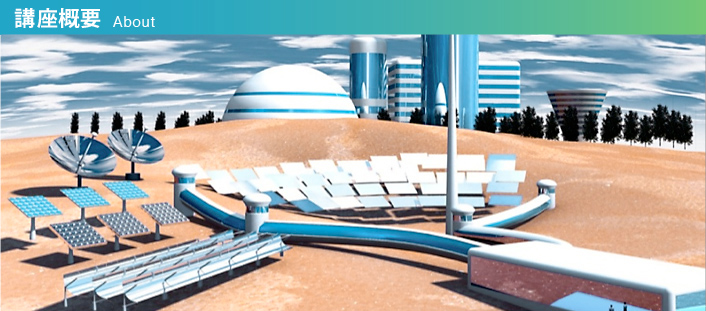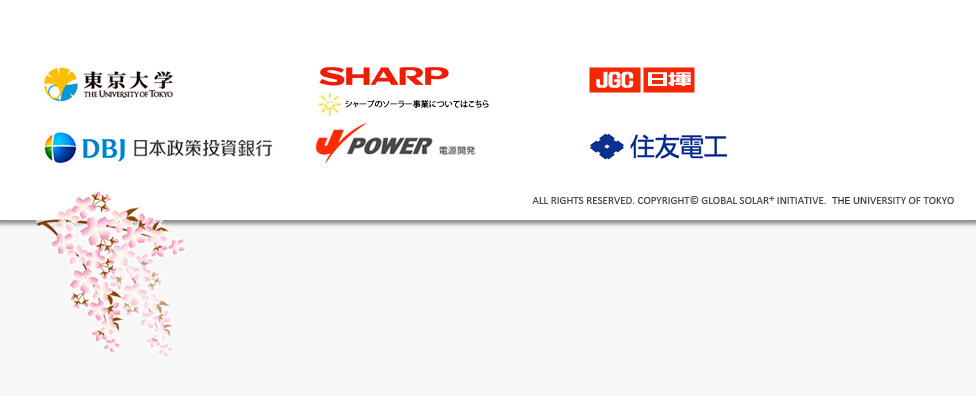 |
|
 |
ABOUT GS+I |
 Growth scenario for the 21st Century20th Century growth has been achieved based on social acceptance of limitless usage of resources including the environment as public goods, labor force, natural resource, and endless abundant investment of financial capital as well as logistics and communication that resulted in reduction of unevenness in regional distribution.
However, as we entered 21st century, it is increasingly more often being pointed out that the growth will no longer be sustainable in near future due to the limit of global environment tolerance and the depletion of fossil fuels. Based on environment-oriented international cooperation scenario by Royal Dutch/Shell, even under the maximum demand-suppression policy, the coal consumption will keep increasing despite that production of oil and natural gas will hit the ceiling around 2030.
The oil production is expected to decline theoretically 1% to 3% per year, due to the depletion of conventional oil resources. Continued population growth and depletion in fossil fuel production around the year 2030 is assumed to be the most serious constraints to economic growth and food production. The depletion of fossil fuel and climate changes due to man-caused greenhouse gases are inextricably linked. In order to solve these issues and sustain the growth simultaneously, there is no other solution except urgent shift to clean energy system that suppresses the emission of greenhouse gases and does not expend resources. Consortium of Japan, host country, Tokyo University and industry to solve the issueTo allow for a shift from fossil fuels to solar energy, we will clarify the requirements to achieve full commercialization of the new system, in the first 5 years of our study. In order to identify problems of ultra large-scale photovoltaic system, we will conduct operation test for the next generation photovoltaic system centering on concentrated ultra high efficiency photovoltaic in cooperation with the host country. Importing the sun from the equatorThe most adequate solution for environment preservation and energy cycle could be transportation of generated electricity by sunlight or solar thermal in low-latitude desert areas to large consuming areas such as Europe, US and Japan or developing vast producing areas such as China and India; though to achieve this goal, overwhelming cost for power generation needs to be lowered. In addition to lowering the cost of solar panels, we need to research on maintenance of mega/tera-class power plant, updating for energy efficiency (such as robotics), low-cost and low-loss high capacity energy transmission technology, maintenance of energy transmission utilities, securing of safety, and development of energy transportation technology with conversion of energy. The approach must stand on a comprehensive socioeconomic perspective. Exporting industry to the equatorIn contrast to fossil fuel including oil, exporting electric power, in the original form, can create only minimal added value that makes it less attractive to the host country. To elevate the value, the generated power should be used inside the host country. More specifically, it is desirable to actively promote the industrialization of the host country. Through global optimization of industry distribution, it is also important to build a win-win relationship between energy producer and energy consuming countries. Appropriate leading effect on policies in prospect of international restructuring of industry is indispensable to achieve such a relationship. Not only development of solar or wind power generation but also comprehensive energy strategy must be planned. The goal of the endowed chairTransition of energy system involves world-wide restructuring of the industry. This transition requires a minimum of 30-40 year time span. In other words, in the prospect of the world of year 2050, we must start the efforts today. The goal of this endowed chair is to clarify issues through vast-scale trial test and preparation for the required conditions that enables transition to sustainable energy system. |



